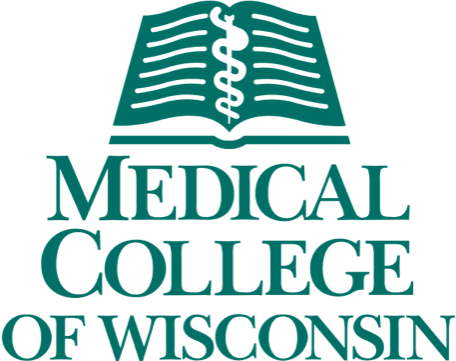Customer Spotlight
Medical College of Wisconsin on T Cell Characterization
Medical College of Wisconsin
Identifying the Biological Properties of Car T Cells That Favor Tumor Killing Using the Lighting™ Single Cell System

Listen in on Dr. Anthony Zamora’s talk from CAR-TCR Summit 2021. Dr. Zamora covers topics, including:
Identifying how modifications in CAR T cell manufacturing can improve in-vivo persistence and clinical efficacy by determining the mechanisms and specific features of T cell biology that drive these therapeutic responses.
Sharing two striking observations made when assessing antitumor activity of single CAR T cells against single tumor targets:
- Observing the great deal of heterogeneity in the cytotoxic kinetics – something often missed when performing similar assays on bulk populations of cells, and how this may be exploited to increase therapeutic efficacy.
- Describing how differences in CAR T cell manufacturing (e.g., using IL-2 or IL-7/15 during activation/expansion) results in disparate functional profiles
CUSTOMER QUOTE
“With the Beacon Platform, we are able to determine the phenotypic and functional characteristics of cells in real time, isolate specific cells of interest, and link the genomic profiles of these same cells using downstream assays. Other platforms are limited by the need to measure each of these parameters in isolation, but the Beacon and Lightning systems provide a more comprehensive view and allows us to home in on the cells that are actually responding to cancer neoantigens. This will play a large part in developing cell-based therapies that work for our patients.”
— Dr. Anthony Zamora, Assistant Professor at Medical College of Wisconsin
Explore Customer Spotlights
MYCENAX: Developing the Next-Gen Cell Line Development Platform with Bruker Cellular Analysis
Genovac on Antibody Discovery
Catalent Biologics on Cell Line Development
Abveris on Antibody Discovery
Amgen on Antibody Discovery and Cell Line Development

